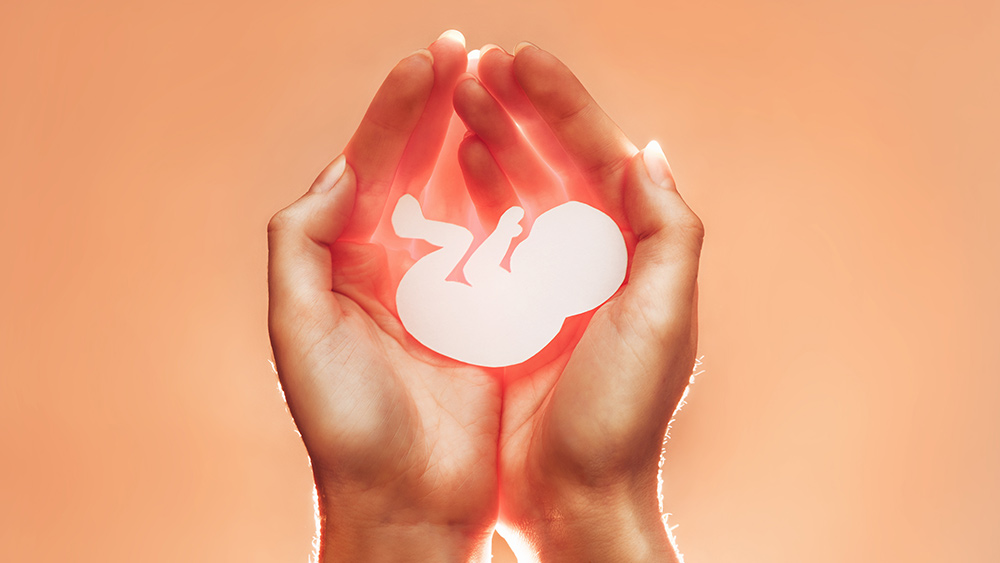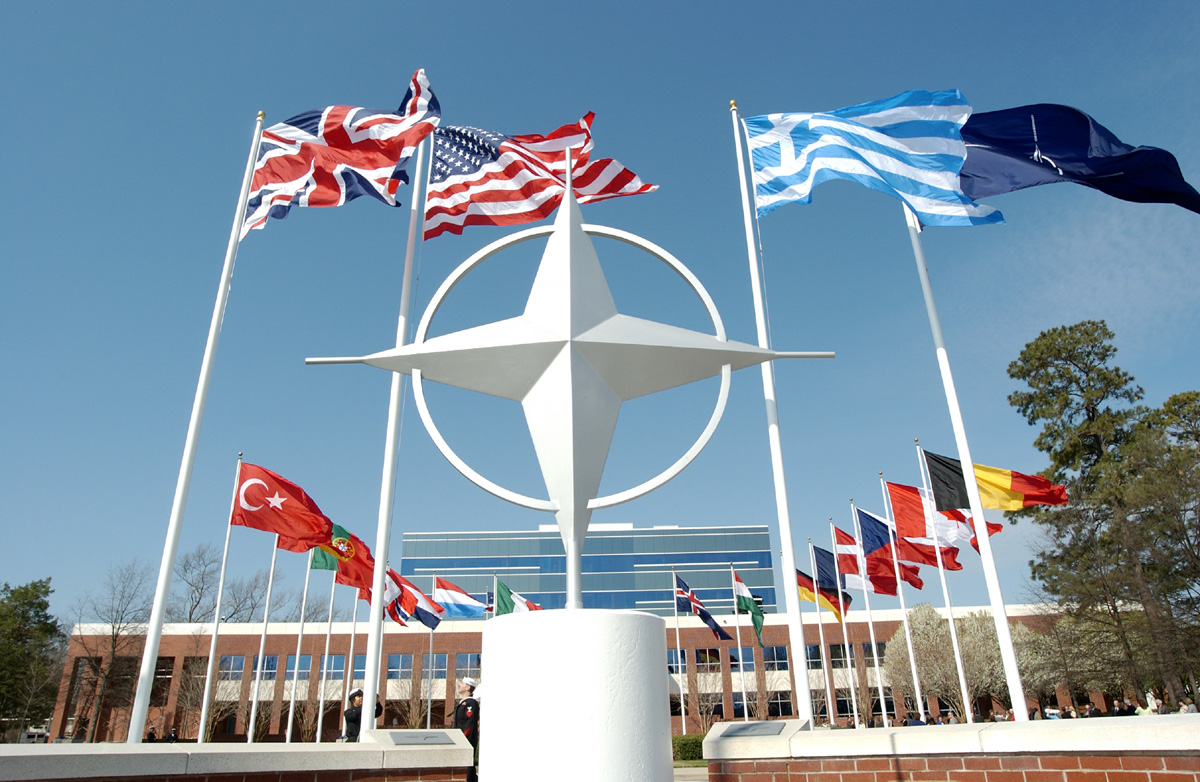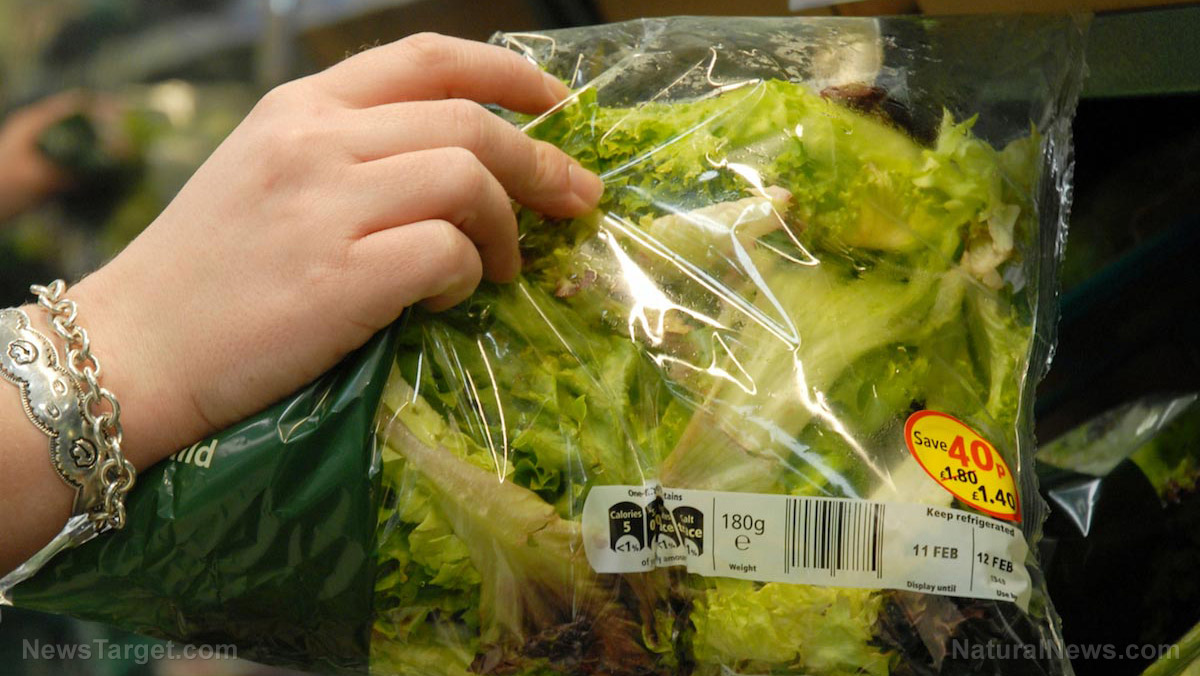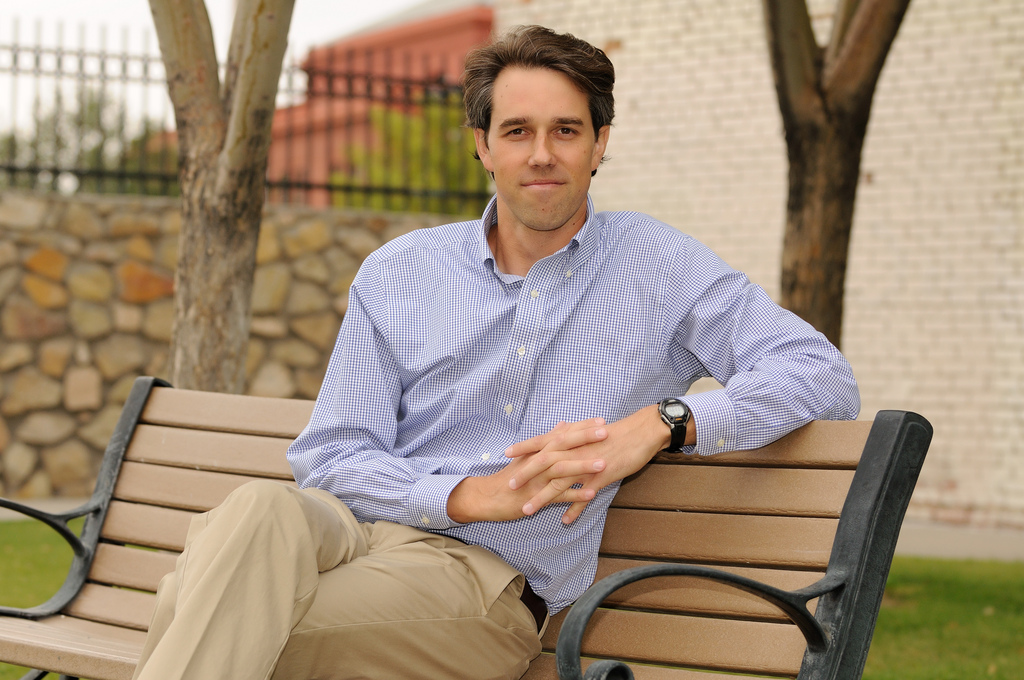 Parler
Parler Gab
Gab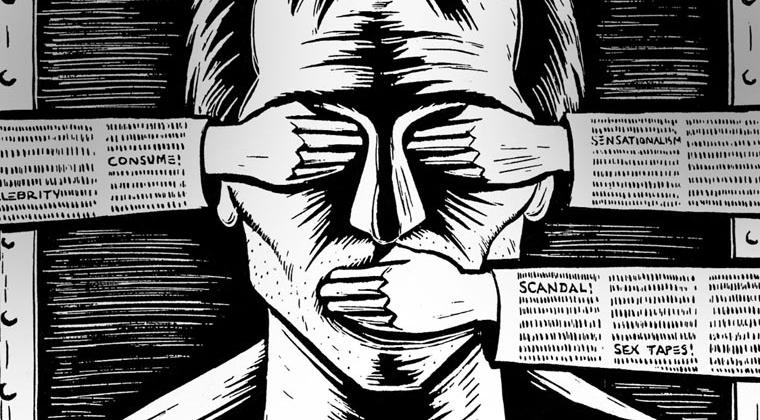
For the global business community, the top concern for the next two years is not conflict or climate, it is disinformation and misinformation, Ursula von der Leyen said.
(Article by Rhoda Wilson republished from Expose-News.com)
The President of the European Commission said this while giving a “special address” on the second day of the World Economic Forum’s (”WEF’s”) annual meeting being held in Davos this week. The theme of the meeting this year is “rebuilding trust,” which is wishful thinking.
“These risks, [disinformation and misinformation], are serious,” von der Leyen said, “because they limit our ability to tackle the big global challenges we are facing. Changes in our climate and our geopolitical climate shifts in our demography and in our technology.”
You can watch von der Leyen’s “special address” on WEF’s website HERE and you can read a transcript published by WEF HERE, although it’s probably not advisable to trust that WEF has transcribed it accurately, completely and/or truthfully.
WEF’s table of top risks for the next two years compared to the longer term of 10 years shows WEF believes they will be able to successfully tackle what they call “misinformation” in the next few years with “misinformation and disinformation” dropping from top spot to sixth. We can assume that means, at the very least, even more censorship from now on.
It must be remembered that what WEF calls “misinformation and disinformation” translates into “information that does not agree with their approved narrative.”
 Source: Ursula von der Leyen’s speech to Davos in full, World Economic Forum, 16 January 2024,
retrieved 16 January 2024
Source: Ursula von der Leyen’s speech to Davos in full, World Economic Forum, 16 January 2024,
retrieved 16 January 2024
Von der Leyen provided a solution for the risks WEF is concerned about: “This is a time to drive global collaboration more than ever before … I believe it can be done, and I believe that Europe can and must take the lead in shaping that global response. The starting point for that is to look deeper at [WEF’s] Global Risk Report to map out a way forward.”
In what follows, text contained within quotation marks are excerpts from von der Leyen’s speech. It begins with von der Leyen describing WEF’s much-touted public-private partnership model. The merging of public and private interests, where the state becomes business and business becomes the state.
“While governments hold many of the levers to deal with the great challenges of our time, business have the innovation, the technology, the talents to deliver the solutions we need to fight threats like climate change or industrial-scale disinformation. Europe is uniquely placed to show how this can work …”
“And this is more important than ever as we start 2024, the biggest electoral year in history. Democracies across the world will head to the polls and half of the global population will be affected. This includes over 450 million people in the European Union, a union of 27 democracies …”
“Of course, like in all democracies, our freedom comes with risks. There will always be those who try to exploit our openness, both from inside and out. There will always be attempts to put us off track. For example, with disinformation and misinformation.”
Von der Leyen then proceeded to provide details about Russia in the context of Ukraine as an example of disinformation and misinformation which she spoke of as fact. However, according to RT, von der Leyen’s “facts” featured outright economic falsehoods as well as fresh reports from the Ukrainian frontline – circa 2022.
“Let me go back to the number one concern of the Global Risk Report: disinformation and misinformation. Tackling this has been our focus since the very beginning of my mandate. With our Digital Services Act, we defined the responsibility of large internet platforms on the content they promote and propagate,” she said.
The Digital Services Act is the most ambitious regulation in the world. “There is no other legislative act in the world having this level of ambition to regulate social media, online marketplaces, very large online platforms (“VLOPs”) and very large online search engines (“VLOSEs”),” the website for the Act states.
Kanekoa The Great noted some highlights from an All-In Podcast discussing what this means in practical terms.
The All-In Podcast on the European Union’s Digital Services Act Censorship Regime Controlling the Internet
David Friedberg: “The era of the open internet as a decentralised technology platform for the benefit of individuals, and not to be overseen and run by governments, is over.”
Chamath Palihapitiya: “Europe has such a checkered past on these things, which is that they somehow try to find this moral high ground, and there is just this overreach and this quasi-central planning that never works.”
David Sacks: “This is a censorship regime… The problem is the vagueness of this, which says social media companies have to take down illegal content but does not say what illegal content is. It delegates the power to define it to this group of Eurocrats.”
David Friedberg: “The Digital Services Act is one of the most overreaching threats to any open, transparent, democratic opportunity on the internet…
“It gives this EU government the legal right to go into my computer, pull information out of it, scrutinise it, and make decisions about what I’m doing and whether or not I’m compliant with whatever their commission’s enforcement standards are that day.
“This is about as 1984 as you can get. It’s a really serious threat, and I don’t think people are recognising the second-order and third-order effects of what this is going to do over time to the quality of services and experiences we get on the internet.”
You can watch the All-In Podcast below. We have embedded it to begin at the section relating to the EU Digital Services Act (timestamp 50:42).
All-In Podcast: E150 | Israel/Gaza escalating or not? EU censorship regime, Penn donors’ revolt, GLP-1 hype cycle, 20 October 2023 Read more at: Expose-News.comREPORT: 137 Abortion clinics have been SHUT DOWN since Roe v. Wade was overturned in 2022
By Laura Harris // Share
NATO to hold biggest military exercise since the Cold War amid rising tensions with Russia
By Arsenio Toledo // Share
Australian government report warns against the POTENTIAL THREATS of AI
By Laura Harris // Share
Poll: 31% of British youths think “climate change” is DELIBERATELY EXAGGERATED
By Ava Grace // Share
STUDY: New Jersey’s plastic consumption nearly TRIPLED following plastic bag ban
By Laura Harris // Share
Beto urges Biden to treat Texas like segregationist Arkansas in 1950s, send in troops
By News Editors // Share
Governments continue to obscure COVID-19 vaccine data amid rising concerns over excess deaths
By patricklewis // Share
Tech giant Microsoft backs EXTINCTION with its support of carbon capture programs
By ramontomeydw // Share
Germany to resume arms exports to Israel despite repeated ceasefire violations
By isabelle // Share
